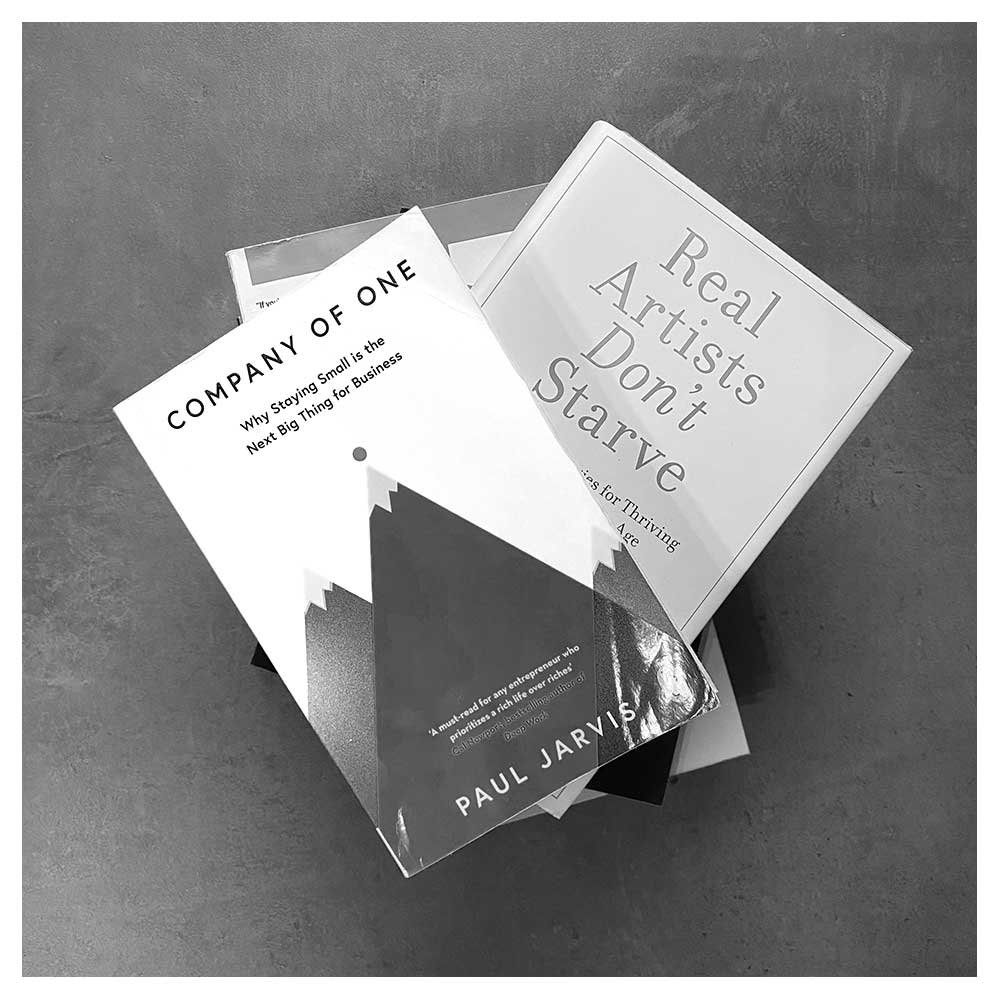The 15 Creative Characteristics: Delving Deep into the Creative Psyche
Creativity is a wondrous entity, often perceived as a magical force that takes over the creative mind and helps generate ideas and solve problems. But what fuels this mysterious power? Here, we discuss the 15 creative characteristics that shape and define a creative person. From the undeniable essence of creative genius to the quirky traits that make creative boys and girls stand out, we uncover the truth behind the magic.
1. An Insatiable Curiosity
Creative individuals have an innate thirst for knowledge. They tend to question the status quo and look at things from different ideas and perspectives. This curiosity drives them to fully explore topics, dive deep, and derive innovative ways to view the world.
2. Resilience and Determination
The road to creative achievement is paved with challenges. A highly creative person exhibits determination, an ability to bounce back from failures, and the tenacity to keep pushing forward.
3. A Playful Attitude
Creativity isn’t all serious. It's both fun and enlightening. A playful spirit fuels new avenues of exploration, fostering a playful attitude that can turn mundane tasks into an exciting adventure.
4. Unbridled Imagination
Creative minds are playgrounds where new ideas flourish. They imagine worlds, solutions, and art that many can't perceive. This imagination is a potent tool in crafting imaginative solutions to real-world issues.
5. A Knack for Pattern Recognition
While the average person might miss out on connections, creative people tend to spot patterns, links, and relationships that others might overlook. This ability allows them to see potential and opportunities in seemingly unrelated elements.
6. Intense Focus
When engrossed in creative work, these individuals exhibit an intense focus, channeling all their physical energy into the task at hand, whether it's creating great art or developing a new solution to a problem.
7. A Rebellious Spirit
Being a bit rebellious is a hallmark of many creative souls. Challenging norms and having the audacity to think outside the conventional pathways can often lead to groundbreaking ideas.
8. Deep Self-awareness
Understanding oneself, one's personality traits, and how one fits into the grand scheme of things allows creative folks to channel their energies efficiently. Self-awareness enables them to understand their strengths, weaknesses, and how they can leverage their creative potential.
9. A Rich Palette of Experiences
Creative people often have diverse experiences that feed their ideas. They are voracious consumers of life, drawing from various human activities and experiences to enrich their creative thoughts.
10. Fearlessness in Exploring the Unknown
Creative individuals aren’t afraid of venturing into the unknown. They fully explore all the possibilities, even if it means facing uncertainty or going against established norms.
11. The Ability to Synthesize Information
In our era of information overload, the ability to synthesize disparate pieces of data into coherent, innovative ideas is crucial. Creative minds can connect dots in ways others can't, crafting the perfect solution to complex problems.
12. Valuing Diversity of Thought
Understanding that creativity isn’t confined to one perspective is crucial. Creative people embrace diverse viewpoints, realizing that a plethora of ideas enriches the creative process.
13. An Internal Battle with Cultural Norms
While many creative types have first internalized cultural norms, their innate desire to create and innovate often causes them to challenge these very norms, leading to unique and transformative ideas.
14. A Drive for Personal Growth
Continuous learning and evolution are at the heart of a creative individual. They pursue personal growth with vigor, always looking to elevate their knowledge, skills, and perspectives.
15. Passionate Hard Work
Behind every masterpiece and groundbreaking idea is hours of hard work. Creative people are not just dreamers; they are doers. They put in the effort, time, and energy to bring their visions to life.
In Conclusion
The world of creativity is vast and multifaceted. While studies suggest that certain common traits define the creative psyche, it's essential to understand that the realm of creativity is fluid.
Creative characteristics are not fixed checkboxes that one can neatly tick off. They are dynamic qualities that evolve, intersect, and intertwine in myriad ways. Every creative person, be it the artist painting serene landscapes in a quiet place or the entrepreneur developing her own business, brings a unique flavor to the table, enriching the tapestry of human innovation and expression.
Remember, creativity is not the exclusive domain of the chosen few. We all have a spark within us. With the right nurturing, understanding, and environment, anyone can harness their creative potential and make their mark on the world.
So, the next time you find yourself marveling at the brilliance of a creative genius or the transformative ideas stemming from creative minds, remember that beneath the surface lies a complex interplay of these creative characteristics.
And who knows? Delving into your own psyche might just reveal that you share more in common with these creative titans than you initially thought.
Embrace it, nurture it, and let your creativity shine!
Frequently Asked Questions about Creative Characteristics
What defines a creative person?
A creative person tends to possess creative characteristics and traits that allow them to think outside the box, generating new ideas and imaginative solutions to problems. They often have a playful attitude, a bit rebellious, and exhibit a strong sense of self-awareness and personal growth.
How do creative people tend to differ from the average person?
Creative people often have a unique way of perceiving the world. They tend to challenge the status quo, view problems from different perspectives, and fully explore all possibilities. Unlike the average person, they are prone to taking risks and have a higher tendency to create and generate innovative ways to solve problems.
Can someone be taught to be creative or is it a natural trait?
While some creative individuals are naturally creative, creativity can also be cultivated and developed. Engaging in human activities that promote creative thoughts, practicing artistic expression, and exposing oneself to new solutions can foster a more creative mind and enhance creative potential.
What role does personality play in creative achievement?
Personality traits like open-mindedness, a high energy level, intense focus, and exhibit determination are often associated with creative achievement. Different personality types, including those who are more open and rebellious, often have a higher propensity to achieve creatively.
Is there a connection between internalized cultural norms and creativity?
Yes, internalized cultural norms can significantly impact creativity. Those who have first internalized cultural norms may find it challenging to think outside the societal box, but it can also provide a rich context from which to draw creative inspiration. Understanding and challenging these norms can lead to the generation of new ideas and great art.
How do creative boys and other girls exhibit creative characteristics differently?
Creative boys and other girls might exhibit creative characteristics differently due to societal and cultural expectations, but the core essence of creativity—generating new ideas, imaginative solutions, and challenging the status quo—remains the same. Both genders can fully explore their creative potential and offer unique contributions to creative work.
Do studies suggest that a highly creative person is usually more successful in their own business?
Studies suggest that a highly creative person may indeed be more successful in their own business as they can generate innovative ways to approach real-world issues, think of best ideas to overcome challenges, and are usually more adaptable and resilient, essential traits for running a successful business.
What are the common traits found in highly creative people?
Highly creative people tend to have several common traits, including a high level of curiosity, the ability to generate ideas, a sense of wonder and imagination, a playful attitude, and a strong desire to create and make the world a more exciting and meaningful place.
Is being creative all about having fun, or is there more to it?
While being creative is both fun and fulfilling, it’s also about solving problems, expressing oneself, and bringing new solutions and perspectives to light. It encompasses a deeper level of thinking, a robust creative process, and the commitment to pushing boundaries and challenging norms.
How can one enhance their creative minds and foster personal growth?
To enhance creative minds and foster personal growth, individuals can embrace life, practice self-awareness, remain grounded, explore different ideas, and engage in activities that challenge the mind and promote learning and innovation. Regularly stepping out of one’s comfort zone and seeking new experiences can also cultivate creativity.
How do creative people manage to remain grounded while exploring imaginative solutions?
Creative people tend to balance their imagination with a sense of reality, which helps them remain grounded. They are often mindful and reflective, allowing them to explore imaginative solutions while also considering practicalities and the impact of their creative ideas on the real world.
Is there a cutoff point for creativity, or can it be developed throughout life?
Creativity doesn’t have a cutoff point; it can be developed, nurtured, and expanded throughout life. Engaging in creative work, exploring artistic expression, and embracing continuous learning and personal growth can help maintain and enhance creative capacities regardless of age.






